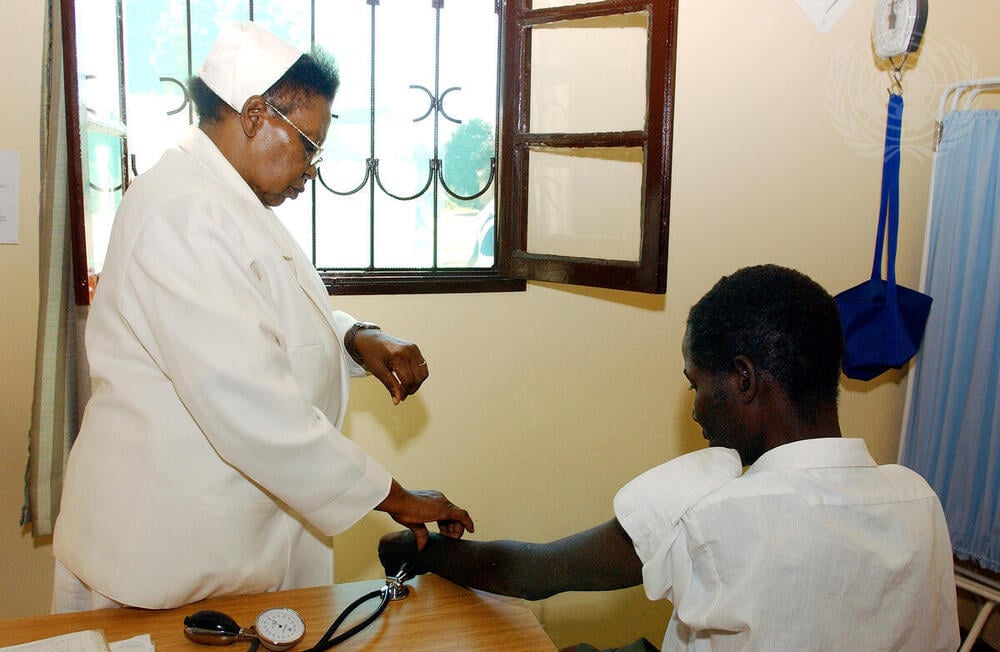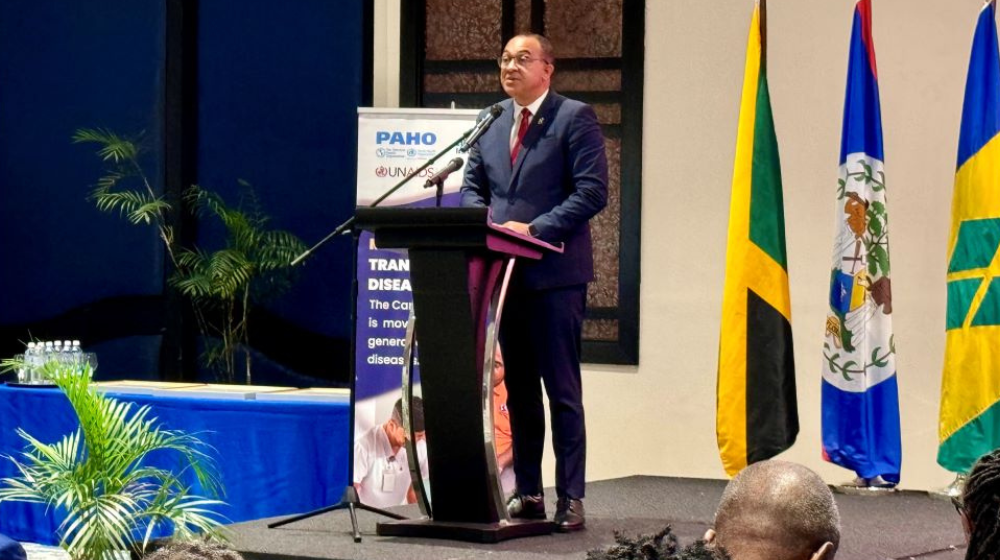On May 7, 2024, Jamaica celebrated a major milestone by joining Belize and St. Vincent and the Grenadines in eliminating mother-to-child transmission (EMTCT) of HIV and congenital syphilis. This achievement was marked by an event showcasing Jamaica’s public health progress.
Dr. Christopher Tufton, Jamaica’s Minister of Health, emphasized the importance of this milestone amidst the ongoing global HIV/AIDS epidemic at the event. The Caribbean region has the second highest adult HIV prevalence rate worldwide, with an estimated 330,000 people living with HIV. Minister Tufton highlighted that the validation ceremony demonstrated significant progress in combating the epidemic. Jamaica’s success aligns with the Sustainable Development Goals (SDGs), particularly those focused on ensuring healthy lives and well-
being for all.
Jamaica’s achievement resulted from comprehensive national efforts and targeted interventions, including enhanced maternal and child health services, improved access to rapid testing and treatment, and strengthened monitoring systems. Key measures included widespread availability of antiretroviral therapy (ART) to prevent mother-to-child transmission, advancements in antenatal care, HIV testing and counseling, and syphilis management during pregnancy.

The Government’s significant financial investment in HIV and syphilis screening for all pregnant women underscores Jamaica’s commitment to public health. Minister Tufton emphasized the importance of community engagement and partnerships, highlighting community systems strengthening (CSS) as crucial. Support from international partners like UNFPA has been essential.
Jamaica’s success includes integrating PMTCT (Prevention of Mother-to-Child Transmission) programs into routine health services, rapid testing and treatment for HIV and syphilis, the “Option B+” strategy (lifelong ART for HIV-positive mothers), and educational initiatives. Promoting barrier contraceptives, comprehensive training, and adhering to validation standards were also key. Collaboration with government agencies, regional health authorities, international partners (PAHO/WHO, UNAIDS, UNICEF, UNFPA), and civil society was indispensable.
Civil society’s involvement ensures transparency, accountability, and integration of services. CSS, supported by UNFPA, addresses social determinants of health, improves responsiveness, and empowers vulnerable populations, leading to resilient and equitable health systems. The Community EmpowHer Mentors Project, initiated by the Jamaica Community of Positive Women (JCW+) with UNFPA support, engages HIV-positive women as mentors, fostering trust and understanding.
Challenges remain in maintaining EMTCT validation status. Sustaining ART access, addressing vulnerabilities, combating stigma, improving prevention efforts, access to family planning, STI investigation, and partner education and testing are essential. To sustain EMTCT for syphilis, promoting prevention, ensuring universal screening, and preventing reinfection by treating sexual partners are necessary.


